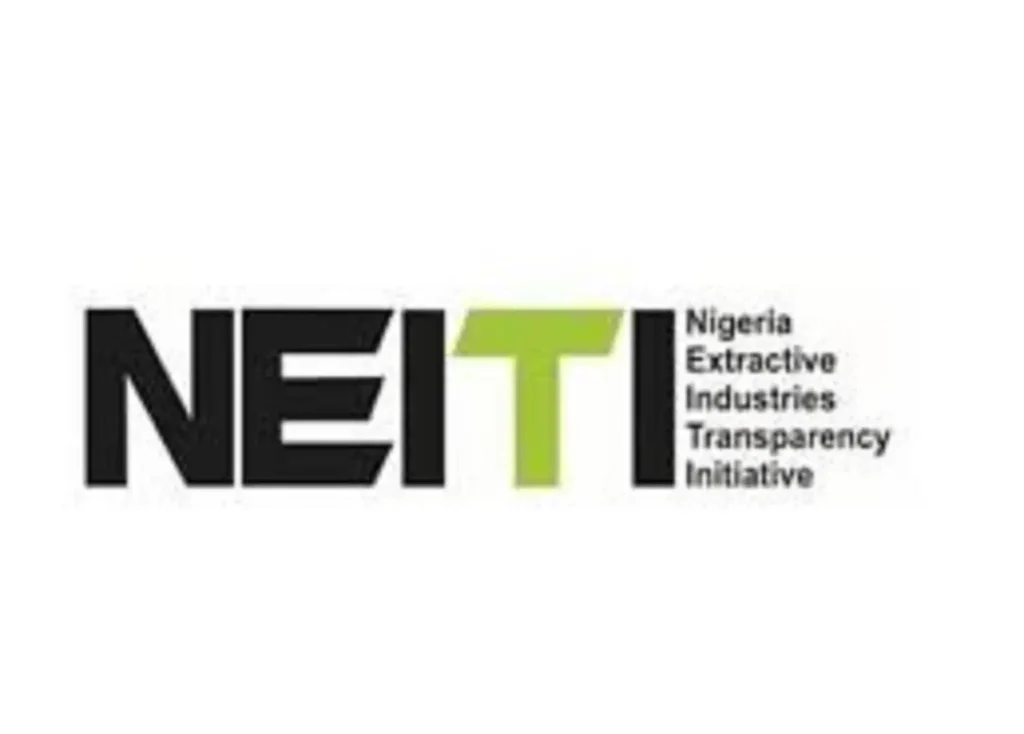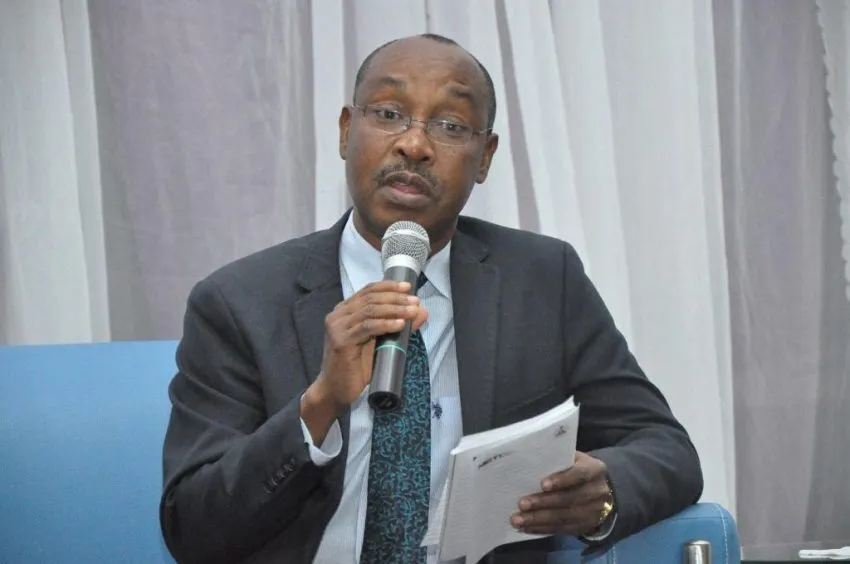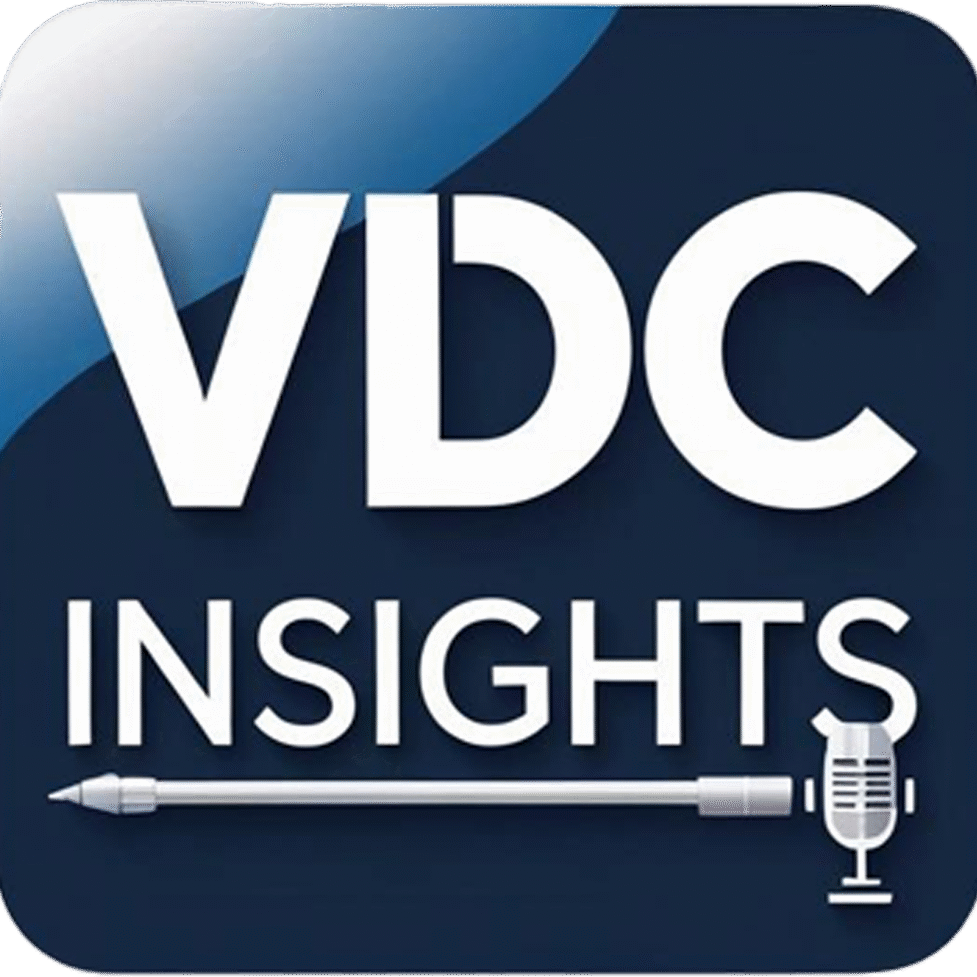The Nigeria Extractive Industries Transparency Initiative (NEITI) has unveiled a bold, actionable reform agenda to reposition Nigeria’s solid minerals sector from a neglected contributor of less than 1% of GDP into a powerhouse for economic diversification, job creation, and sustainable community development.
Nigeria’s solid minerals sector has underperformed despite its vast potential over the years, and NEITI’s latest audit shows revenues of ₦401.87 billion in 2023, representing only 0.83% of GDP.
NEITI identified weak laws, illegal mining, smuggling, outdated governance, and neglected host communities have kept the sector stagnant while global demand for green-energy minerals — lithium, cobalt, nickel — surges.
Executive Secretary of NEITI, Orji Ogbonnaya Orji warned that “The time for lamentation is over. If we fail to act boldly and immediately, others will transform their mineral wealth into prosperity while Nigeria watches,” .
He argued that the transition to clean energy has made Nigeria’s mineral resources, from lithium to rare earths, more valuable than oil.
The NEITI boss argued that with decisive reforms, the sector can attract billions in investment, generate massive revenues, create quality jobs (especially for youth and women), and bring visible development to host communities.
NEITI is therefore calling on the Federal Government and National Assembly to seize this historic moment by: Passing a New Solid Minerals Reform Act within 12 months, Create a National Minerals Development Council chaired at the Presidency, and Launch a Real-Time Mining Cadastra Portal for transparent, digital licensing.


The agency also called for embedding Free, Prior & Informed Consent (FPIC) into law for host communities, Strengthening the Solid Minerals Development Fund to finance schools, roads, and hospitals, Deploying technology to curb smuggling and illegal mining, Investing in local processing and value addition to retain wealth and jobs and Guarantee gender and youth inclusion across the mining value chain.
NEITI pledged to serve as the accountability anchor of these reforms, using credible data, independent audits, and multi-stakeholder monitoring to track revenues, expose gaps, and ensure communities’ benefit.
Orji concluded “Our reports will no longer sit on shelves; they will be powerful tools to hold both government and companies accountable and to drive real change,” while stressing ‘No more lamentation. No more policy paralysis. Nigeria must legislate, implement, and deliver reforms that transform minerals from buried wealth to visible prosperity for all.’
